LONDON, UK, November 8, 2021 -/African Media Agency(AMA)/- As we approach the two-year mark since the beginning of the global pandemic, many from the public and private sector are coming together with the common goal to “Build Back Better” for a more resilient economy. Such is the case with Agri Resources Group (a subsidiary of Monaco Resources Group), which for several years now has quietly worked on building sustainable food and agricultural supply chains in Sub-Saharan Africa and Madagascar – regions which have been strongly affected by the global pandemic.
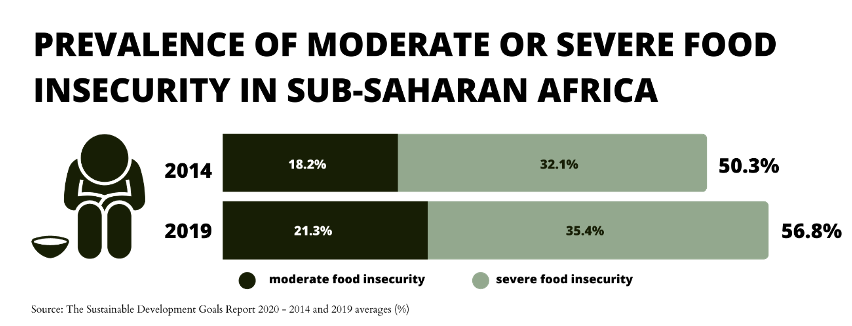
Even before COVID-19 broke out, the African food system was in crisis and in 2020, more than 264 million people in Sub-Saharan Africa experienced severe food insecurity – most of them in rural areas.
Join our WhatsApp Channel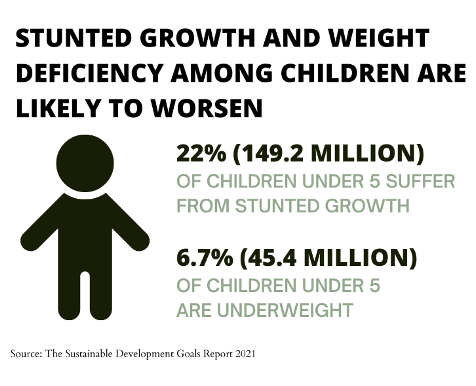
Moreover, an estimated 32 percent of children in Sub Saharan Africa suffer from stunted growth, which puts them at greater risk of dying from common infections, as well as jeopardising their cognitive development. Although global estimates show that food insecurity has been declining since the year 2000, in 2020 more than one in five (149.2 million) children under five showed stunted growth development, and 45.4 million suffered from being underweight1.
COVID-19 IMPLICATIONS
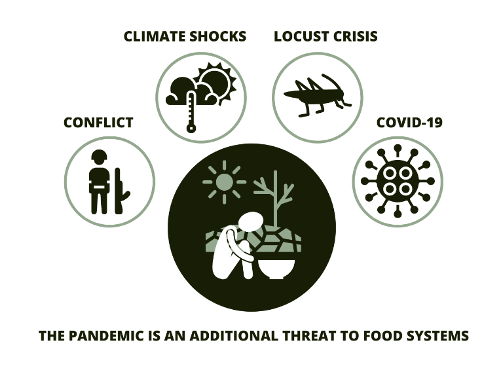
Along with conflict, climate shocks and the locust crisis, COVID-19 has created additional threats to food systems. This has indirectly reduced purchasing power and the capacity to produce and distribute food, affecting the most vulnerable populations. In 2020, up to 46 million more people in Africa alone suffered from undernourishment compared with 20192 .
1Source: UNICEF-WHO-World Bank Group Joint Malnutrition Estimates , 2020 edition
2Source: The State of Food Security and Nutrition in the World (SOFI) 2021
AGRI RESOURCES GROUP RESPONSE
To contribute to the agricultural sector recovery, Agri Resources Group is reinforcing its efforts in:
- Implementation and promotion of sustainable agricultural practices
This includes investments in the sustainable management of Group land – boosted by the Agri Resources Group Sustainability bond, issued in 2021 in collaboration with local partners, such as Inside Madagascar.
- Creation of relevant employment opportunities.
The Group hires locally, aiming to create legitimate employment opportunities and develop local leadership in the agricultural sector, which could appeal to young people.
- Local value creation
Agri Resources Group partners with smallholder farmers and local businesses to add value to their product. The Group also invests in added value processing activities in remote locations. Additionally, the Group leverages its logistics and marketing network to create and secure the most effective routes to market for its network of local producers.
“We operate in areas which are still facing major challenges related to poverty and food insecurity, and we recognise that our company has an important role to play in driving positive change for our employees, suppliers and local communities. We are strongly committed to promoting a sustainable future for all stakeholders and take a proactive approach to tackling the issues emphasised by the pandemic.”Frédéric Dalmasie CEO of Agri Resources Group
The Group has launched several strategic initiatives in its most vulnerable operating regions, including:
BENINChallenges
- Benin’s population is predominantly young with an average age of 21
- More than 70% depend on employment in the agricultural sector, however, productivity is low and farmlands are small
- Since the 2008 financial crisis, food prices have maintained an upward trend which affects people’s ability to buy food. Households spend on average 63% of their budget on food.
Agri Resources Group strategic initiatives Created in 2021, Agri Resources Benin is focused on:
- Establishing a modern rice production and processing business, aiming to contribute to the government’s effort to reduce import reliance
- Investing in processing facilities to be used by local producers
- Creating legitimate employment opportunities for young people within the agricultural sector
CONGO BRAZAVILLEChallenges
- An estimated 35% of the population faced food insecurity because of the pandemic
- 90% of arable land remains uncultivated and agriculture is largely limited to subsistence production and cash crops
- Domestic food production covers only 30% of needs, meaning Congo relies extensively on food imports from overseas
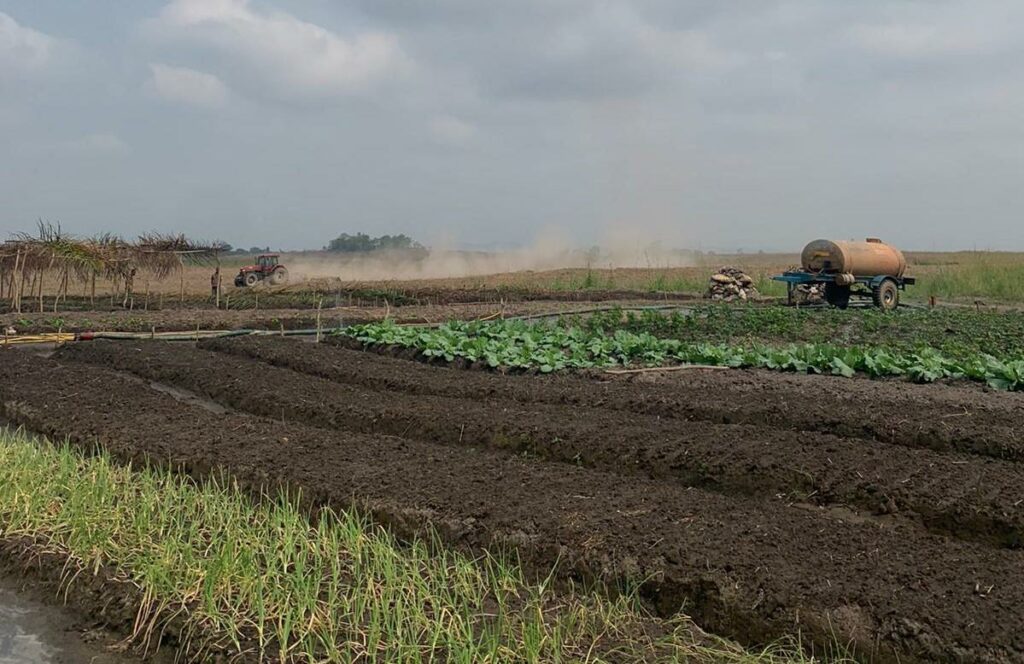
Agri Resources Congo is leveraging its farm base, processing facilities, warehouses, and modern machinery rare for the region to:
- Improve food quality and safety
- Produce staple crops for the domestic market
- Support local farmers in developing their own land with our equipment
- Work with smallholder cassava producers in close proximity to our concession
- Implement techniques for soil regeneration
GHANAChallenges
- Lockdown measures, closed borders and economic disruptions are already causing loss of household income due to reduced economic activity, higher prices for basic goods and reduced access to social services
- About 45% of the population derive their livelihood directly or indirectly from the agricultural sector
- Farmers face challenges from climate change, low prices, poor road infrastructure, lack of access to finance, inadequate markets, post-harvest losses, insufficient education/knowledge, unsustainable farming systems and rural-urban migration
- Socio-cultural factors continue to affect women in agriculture
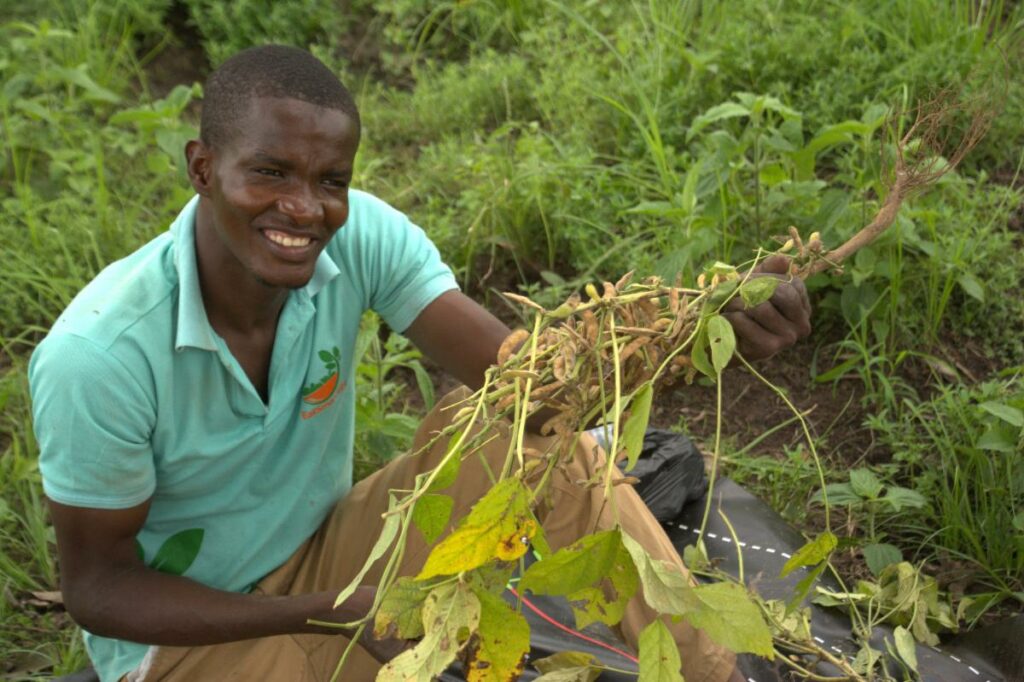
Prang Agro Resources Ghana is leading several agronomic trials to find resilient crops which can adapt to the local environment.The company has also initiated several social initiatives such as:
- The construction of boreholes for drinking water and irrigation
- Training in collaboration with the fire service department (400 farmers)
- Participating in the Global Shea Alliance: developing regional sustainable sourcing of shea as well as the creation of shea parkland
GUINEEChallenges
- The impact of the COVID-19 pandemic on food security, nutrition and livelihoods is already visible among the most vulnerable people
- The poverty rate is alarming, with over 20% of households being food-insecure
- Rural populations are particularly vulnerable to food insecurity. Among those affected by severe food insecurity, 71.1% practice subsistence farming
- Challenges include poor access to seeds and fertilisers, production and processing equipment, storage facilities, basic infrastructure, and affordable financial services.
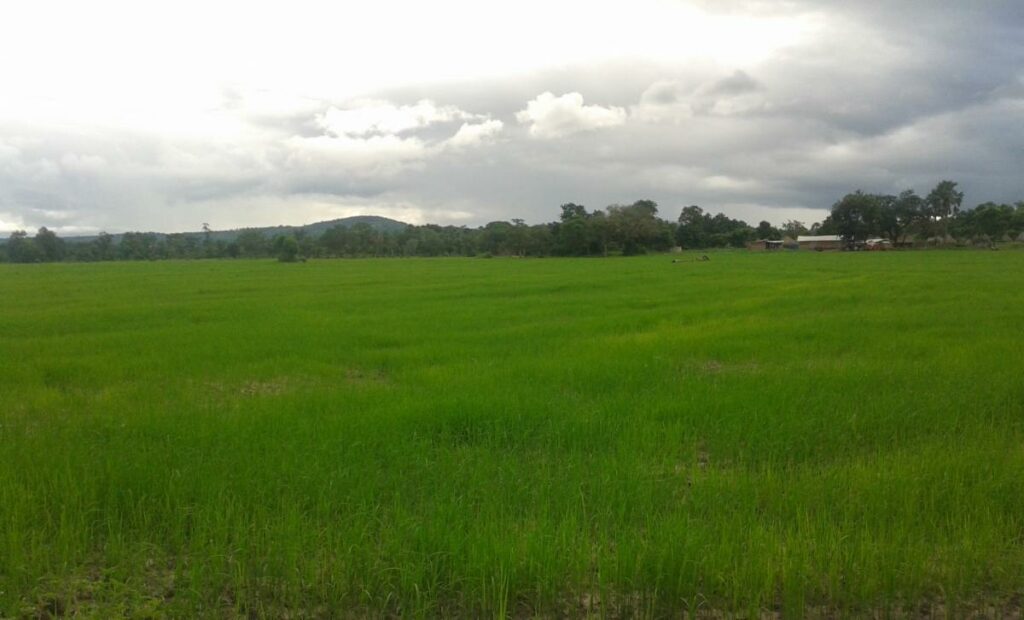
SAG (Société Agricole de Guinée) is currently focusing on:
- The production of quality input materials (CK90 rice seeds)
- Improving the valuation of Guinean products across the value chain, through support for local farmer groups for processing, storage and marketing
- Strengthening the support-advisory, planning, management and monitoring-evaluation capacities of stakeholders in the agricultural sectors
- Implementation of Good Agricultural Practices (GAP)
- Promoting agricultural and agro-food biodiversity, through commercial and institutional partnerships.
MADAGASCARChallenges
- In 2020, due to the impact of COVID-19, economic growth slowed from the forecast of 5.3% to 0.17%
- There are nearly 18 million people living in poverty, and 5 million people are affected by recurring natural disasters – including cyclones, floods and droughts
- Madagascar is the 10th worst country for stunted development in the world. The rate of acute malnutrition is 6% and the rate of chronic malnutrition is 42%
- Agricultural production remains low due to factors such as
- Limited access to agricultural productive assets, credit and markets
- Gender inequality limiting women and girls’ access to land
- Poor post-harvest techniques
- Inadequate natural resource management
- Lack of adequate access to markets for smallholder farmers
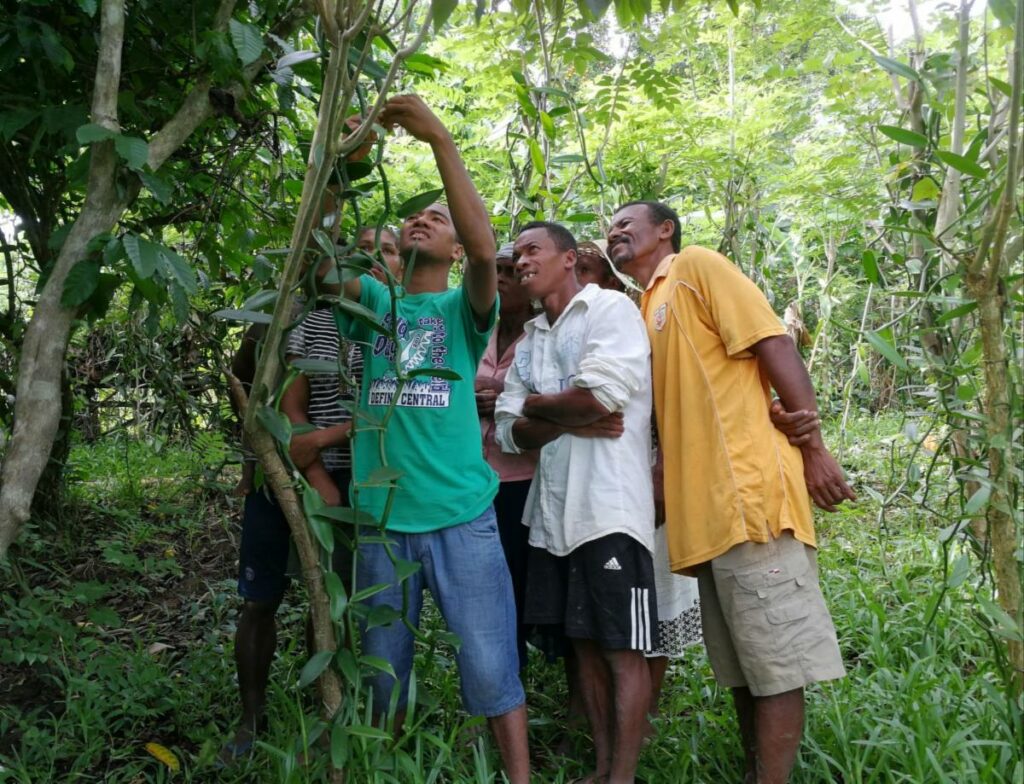
Agri Resources Madagascar is partnering with more than 600 vanilla farmers to help them improve and diversify their income. The Company purchases the other products they make, as well as investing in processing equipment in remote locations.
Agri Resources Madagascar also has an open-door policy, and in partnership with Inside Madagascar we have developed several projects for:
- Agronomic training, security and the education of farming communities
- Preservation of traditional know-how
- Creation of better revenue-generating opportunities for farming communities
Distributed by African Media Agency on behalf of Agri Resources Group.
Media Contacts
Deyana Mincheva
d.mincheva@agri-resources.com
Source : African Media Agency (AMA)

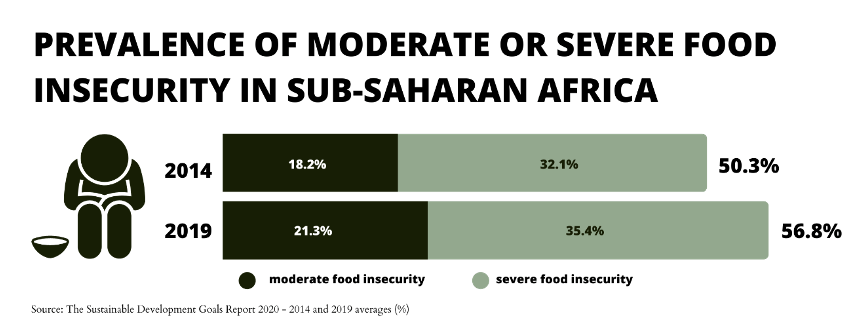















Follow Us